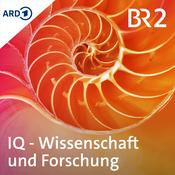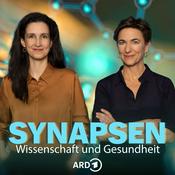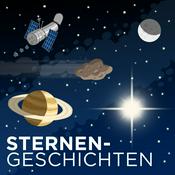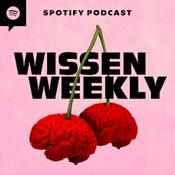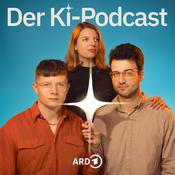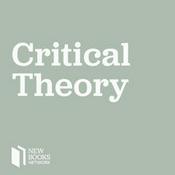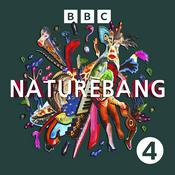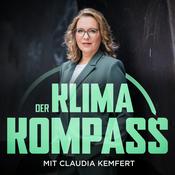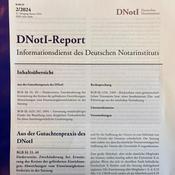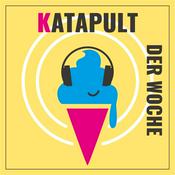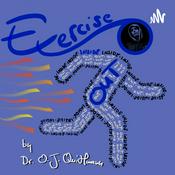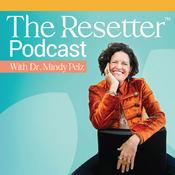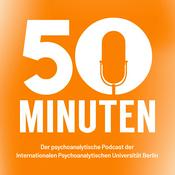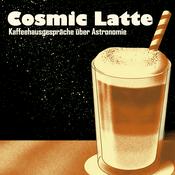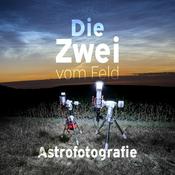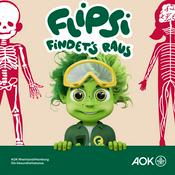335 Episoden

How science got here, and where next
30.10.2025 | 31 Min.
As anti-science leaves research reeling, does evidence-based policy in a scientific society have much of a future? Michael Mann, Naomi Oreskes, Angie Rasmussen and Deb Houry discuss some of the sources and motivations that perhaps belie the current state of scientific affairs. Presenter: Roland Pease Producer: Alex Mansfield Production Coordinator: Jana Bennett-Holesworth (Image: The End street sign. Credit: Sanfel via Getty Images).

Coral extinctions and chalky unknowns
23.10.2025 | 37 Min.
As two species of coral are killed off by the 2023 heatwave in the Florida reefs, the abilities of different plankton species to cope with rising CO2 remain crucially unknown. Also, retrospective research shows a strong suggestion that mRNA covid vaccination might serendipitously boost certain types of cancer immunotherapy. And, if you can’t identify changing agricultural crop types from satellite observations, why not just strap a camera to your bike helmet? Presenter: Roland Pease Producer: Alex Mansfield Production co-ordinator: Jana Bennett-Holesworth (Photo: Dead elkhorn coral (Acropora palmata). Credit: Rolf von Riedmatten/Getty Images)

Paris agreement impacts and drought realities
16.10.2025 | 38 Min.
Ten years on from the Paris climate agreement, has it helped? Also, an international drought experiment, insights from 2D water, and social distancin in ants. Presenter: Roland Pease Producer: Alex Mansfield Production co-ordinator: Jana Bennett-Holesworth(Photo: Small bushfire. Credit: Lea Scaddan/Getty Images)

Old faces and big spaces in small places
09.10.2025 | 31 Min.
The 2025 Nobel prizes are announced this week – how did Science in Action’s predictions fare? Science author and thinker Philip Ball judges.The Whitley Fund for Nature this week hosted a “People for Planet” summit, exploring possible solutions to save nature. Amongst the speakers was Prof Martin Wikelski, of ICARUS, who has spent many years tracking wildlife around the world using tiny radio sensors. As he describes to Roland, he shortly hopes to launch a network of satellites to enable a global system to help us learn how hundreds of species are faring.Also, a new “Human Disease Blood Atlas” gets a boost, as described by Mathias Uhlén of SciLifeLab. Could an annual blood sample become a standard primary healthcare routine, mapping key proteins and their concentrations to provide early warning of hundreds of diseases?Meanwhile Nozair Khawaja of Free University of Berlin has been revisiting data from the Cassini mission to Enceladus, one of Saturn’s moons, back in 2008. His new analysis increases the prospects of habitable conditions deep on the ocean floor beneath the icy crust.Presenter: Roland Pease Producer: Alex Mansfield Production Coordinator: Jana Bennet-Holesworth(Image: Chair of the Nobel Committee for Chemistry explains a model during a press conference. Credit: Jonathan Nackstrand via Getty Images).

A mystery satellite has been jamming GPS in Europe
02.10.2025 | 36 Min.
Scientists detect for the first time an unknown source of GPS interference coming from space. Also, as AI begins to design more and more DNA sequences being manufactured synthetically, how can those manufacturers be sure that what their customers are asking for will not produce toxic proteins or lethal weapons? And… how camera traps in polish forests reveal that the big bad wolf is more scared of humans than anything else. For that last few years instances of deliberate jamming and interference of GNSS signals has become an expected feature of the wars the world is suffering. Yet this disruption of the signals that all of us use to navigate and tell the time nearly always emanate from devices on the ground, or maybe in the air. But in ongoing research reported recently by Todd Humphreys of University of Texas at Austin and colleagues around the world is beginning to reveal that since 2019 an intermittent yet powerful signal has been causing GPS failures across Europe and the North Atlantic. The episodes have been thankfully brief so far, but all the signs suggest it comes not from soldiers or aeroplanes, but from a distantly orbiting satellite somewhere over the Baltic Sea. It may not be malevolent, it could be a fault, but the net of suspicion is tightening. A team of scientists including some from Microsoft report today in a paper in the journal Science an investigation to try to strengthen the vetting of synthetic DNA requests around the world. As AI-designed sequencies increase in number and application, the factories that produce the bespoke DNA are in danger of making and supplying potentially dangerous sequences to customers with malicious intents. But how do you spot the bad proteins out of the almost infinite possible DNA recipes? Tessa Alexanian of the International Biosecurity and Biosafety Initiative for Science, and one of the authors explains some of the thinking. Finally, Liana Zanette of Western University in Ontario and colleagues have been hanging around in Polish forests scaring wolves. Why? Because as wolf numbers rise in protected reserves, more and more human-wolf interactions occur. And a suspicion has arisen that the legal protection they enjoy has led to them losing their fear of humans in a dangerous way. Not so, says Liana’s team, blowing away the straw arguments and setting fire to the political motivation to reduce their protection status. Wolves are still terrified of Nature’s apex predator – us. Presenter: Roland Pease Producer: Alex Mansfield Production Coordinator: Jana Bennett-Holesworth (Image: Simulation screen showing various flights for transportation and passengers. Credit: Oundum via Getty Images).
Weitere Wissenschaft Podcasts
Trending Wissenschaft Podcasts
Über Science In Action
Höre Science In Action, IQ - Wissenschaft und Forschung und viele andere Podcasts aus aller Welt mit der radio.de-App

Hol dir die kostenlose radio.de App
- Sender und Podcasts favorisieren
- Streamen via Wifi oder Bluetooth
- Unterstützt Carplay & Android Auto
- viele weitere App Funktionen
Hol dir die kostenlose radio.de App
- Sender und Podcasts favorisieren
- Streamen via Wifi oder Bluetooth
- Unterstützt Carplay & Android Auto
- viele weitere App Funktionen


Science In Action
App laden,
loshören.
